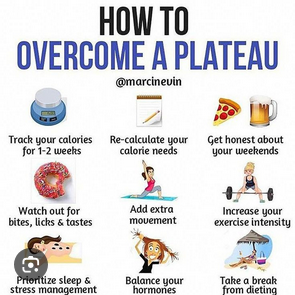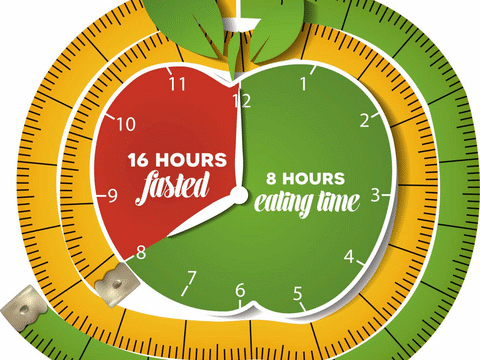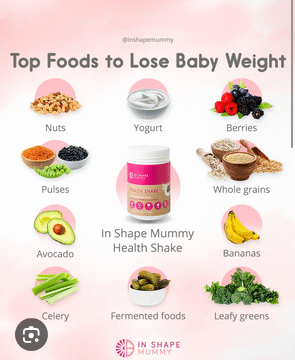When it comes to weight loss, one of the most powerful tools you can use is meal planning.
Having a plan helps you make healthier choices, avoid last-minute fast food runs, and stay consistent over time.
The key is to create a meal plan that is sustainable — meaning it fits your lifestyle, tastes, and daily routine.
Why Meal Planning Matters
Meal planning reduces decision fatigue, saves money, and ensures that you always have healthy options available. Instead of restricting yourself, it gives you structure and balance, helping you maintain energy and avoid overeating.
1. Build Balanced Meals
A sustainable plan includes a mix of:
- Protein: Supports fullness and muscle maintenance (examples: chicken, tofu, fish, beans).
- Fiber-rich carbs: Keep you satisfied and energized (examples: oats, brown rice, quinoa, sweet potatoes).
- Healthy fats: Enhance flavor and satiety (examples: avocado, nuts, olive oil).
- Vegetables and fruits: Provide vitamins, minerals, and natural sweetness.
2. Keep It Simple
Meal planning doesn’t need to be complicated. A few easy strategies include:
- Cooking in batches and using leftovers creatively.
- Preparing versatile ingredients (like grilled chicken or roasted vegetables) that can be used in different meals.
- Choosing quick recipes for busy days and saving new or complex meals for weekends.
3. Plan Snacks Wisely
Snacks can either support your goals or derail them. Stock up on nourishing options like Greek yogurt, nuts, fruit, or veggie sticks with hummus to prevent mindless eating.
4. Stay Flexible
Perfection isn’t the goal. Life events, cravings, or busy schedules may change your plan, and that’s okay. Having backup ideas—such as a simple salad, a smoothie, or a healthy sandwich—keeps you on track without stress.
5. Listen to Your Body
Sustainable meal planning is not about strict rules but about building a routine that works for you. Pay attention to how different foods make you feel and adjust your plan accordingly.
Conclusion
Sustainable meal planning for weight loss is about creating balance, not restriction. By focusing on variety, planning ahead, and staying flexible, you can enjoy food, nourish your body, and make steady progress toward your goals.






